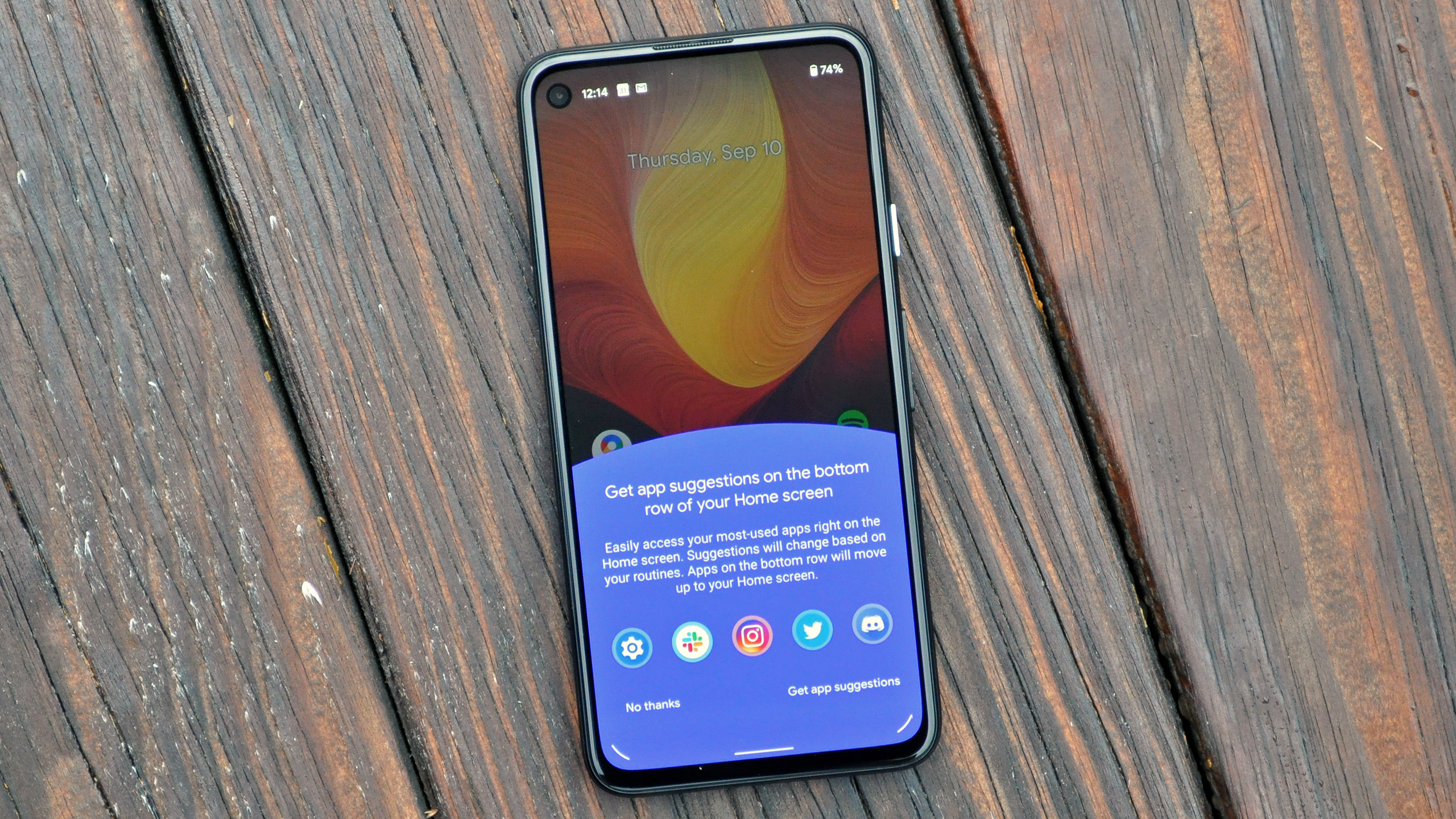How does an Android VPN work?
Exploring the VPN, one of the most useful tools for Android users

An Android VPN is an important tool that you can use on your mobile device to keep your internet use private and secure, but it can do an awful lot more than that, too. In this article, we discuss what a VPN is, how it works, and what we consider the best VPN for Android to be in 2020.
What is a virtual private network (VPN)?
A VPN extends a private network over a public network. In most cases, that public network is the internet. As a tunnel between your local network and a remote network, a VPN enables you to use remote servers just as if they were connected to your local network.
Although encryption is not inherent to all VPN connections, it’s quite common. If you use an encrypted VPN connection, all the internet traffic sent between your network and the remote network is encoded and obfuscated so intermediary devices can’t view what’s being sent.
- Setup VPN: our comprehensive guide for all devices
- Here's exactly how to change region on Netflix
What are virtual private network services?
Originally, VPNs were used by companies to securely connect devices located on different premises over the internet. Nowadays, VPN service providers, such as ExpressVPN, NordVPN, and Surfshark, offer their services to consumers. It’s common to just call these services VPNs instead of VPN services.
By connecting to remote access servers (RASs) located around the world, you can leverage the unique features of VPNs when using the internet. VPN services are often used to get around internet censorship, anonymize traffic, and view streaming content that’s only available in specific regions, for example.
How are VPN services secured?
Devices on a VPN use a protocol to talk to each other. There are a few different VPN protocols in use today, each offering a different level of security, speed, and configurability. The most commonly used are Point-to-Point Tunneling Protocol, Layer 2 Tunneling Protocol, OpenVPN, and Internet Key Exchange Version 2 (IKEv2).
On Android devices, IKEv2 is one of the strongest protocols to use because of its speed. OpenVPN is also an excellent choice. Because OpenVPN is freely available for all platforms and you can view its source code, it’s been widely audited by independent researchers for its security. Some VPNs, like ExpressVPN, can automatically choose the best protocol to use depending on your internet connection.
Sign up to get the BEST of Tom's Guide direct to your inbox.
Get instant access to breaking news, the hottest reviews, great deals and helpful tips.
Are Android VPNs different from desktop VPNs?
VPNs on Android can be as secure as ones installed on a desktop PC or router, but they often aren’t. Testing of VPNs for Android devices is far from rigorous, and many of the hundreds available on the Google Play Store greatly exaggerate how secure and private they make internet communication.
A 2018 analysis of the VPN apps on the Google Play store found that 18% of the apps didn’t implement any encryption at all in their tunneling, despite claiming that they would improve privacy and security. Approximately 87% of the tools failed to tunnel IPv6 traffic securely, and 66% lacked sufficient DNS traffic encryption. This means that most of the VPNs on offer don’t give you the secure, private connection that they claim.
Other VPNs manipulate traffic to inject advertising into your browsing or use third-party tracking libraries. The takeaway here is to avoid lesser-known VPNs that lack transparency and instead, use a VPN from a provider that’s been independently audited.
What’s the best VPN for people using Android?
ExpressVPN is the best Android VPN available.
We rate ExpressVPN as the best service for Android devices. With 3,000+ servers in 94 countries, it's got a huge network, and it delivers great speeds all over. Plus, it delivers excellent streaming performance all over the world.
ExpressVPN also has one of the strongest levels of security that we’ve ever seen on a VPN, and no logs are stored of your browsing activities. There’s even a Privacy and Security Tools menu on Android, so you can check that your IP address is hidden and that you don’t have any DNS leaks. It’s easy to recommend ExpressVPN as the top Android VPN overall.
You'll have 24/7 live chat support for the unlikely situation that anything goes awry, and you'll also get a 30-day money-back guarantee to test it out. On top of that, Tom's Guide readers can claim three months free on an annual plan. What's not to like?
Richard is a technology writer with over 20 years experience in website development, marketing, and SEO. A graduate in Computer Science, he has lectured in Java programming and built software for companies including Samsung and Walmart. Richard writes for TechRadar, IT Pro, Tom's Guide, and PC Gamer.


